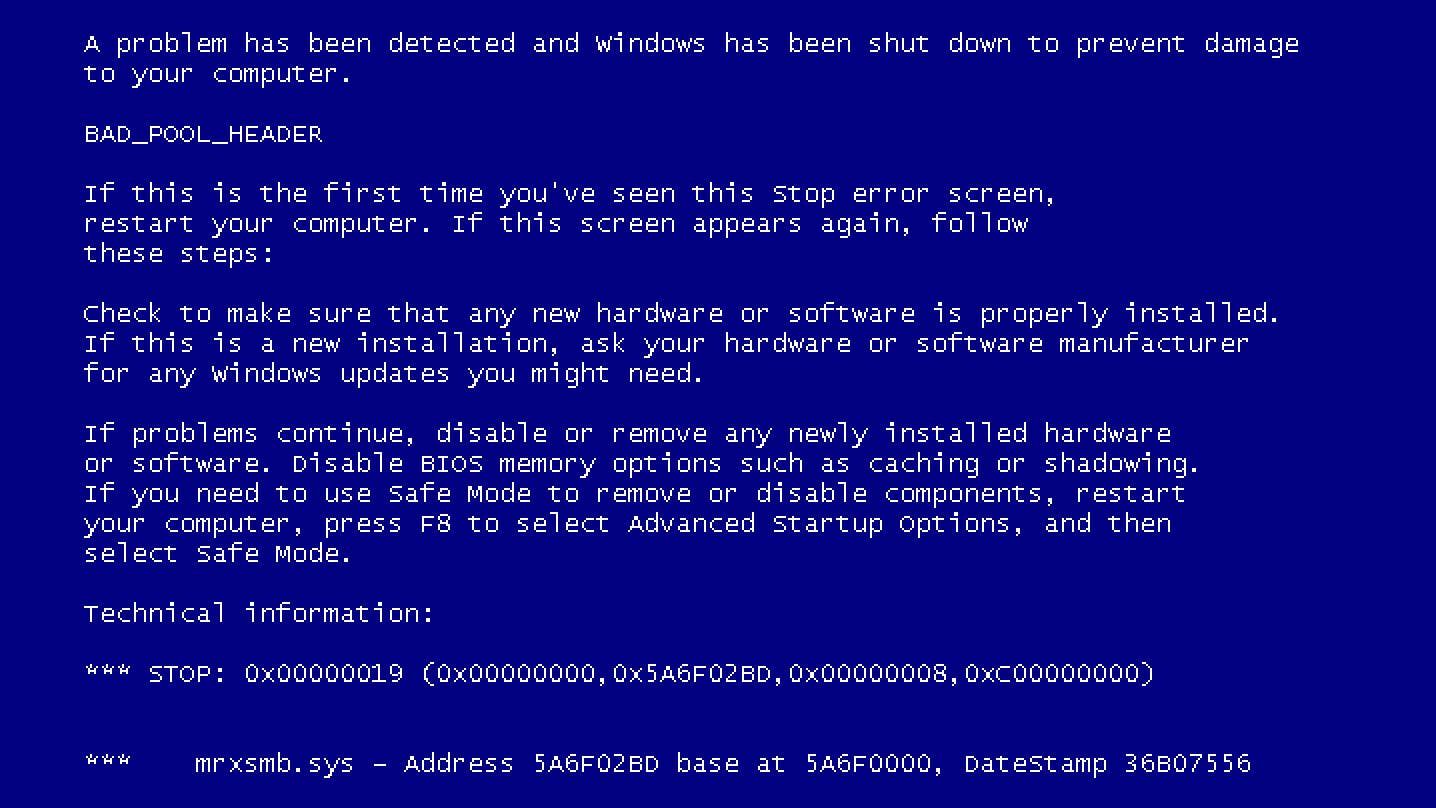Building a Simple Rust CLI Tool to Parse JSON Files
When working with JSON files, it’s common to perform transformations, extract specific data, or perform aggregations. Rust’s excellent performance and strong typing make it a great choice for processing JSON data efficiently. In this tutorial, we’ll build a simple CLI tool in Rust that reads a JSON file, parses it, and prints a specific field from the data. Step 1: Set Up Your Project Let’s begin by creating a new Rust project: cargo new json_parser --bin cd json_parser This sets up a new Rust project with the src/main.rs file for our code. Step 2: Add Dependencies for JSON Parsing We’ll use the serde and serde_json crates to handle JSON parsing. Add them to your Cargo.toml: [dependencies] serde = { version = "1.0", features = ["derive"] } serde_json = "1.0" These crates make it easy to work with JSON in a structured way. Step 3: Parse the JSON File Now, let’s write the code to parse a JSON file and print out a specific field. For this example, assume the JSON file looks like this: { "name": "John Doe", "age": 30, "email": "john.doe@example.com" } Here’s the code for main.rs: use serde::Deserialize; use std::env; use std::fs::File; use std::process; #[derive(Deserialize)] struct Person { name: String, age: u32, email: String, } fn main() { let args: Vec = env::args().collect(); if args.len() < 2 { eprintln!("Usage: json_parser "); process::exit(1); } let filename = &args[1]; let file = File::open(filename).unwrap_or_else(|_| { eprintln!("Could not open file {}", filename); process::exit(1); }); let person: Person = serde_json::from_reader(file).unwrap_or_else(|_| { eprintln!("Error parsing JSON in file {}", filename); process::exit(1); }); println!("Name: {}", person.name); println!("Age: {}", person.age); println!("Email: {}", person.email); } Step 4: Build and Test the Tool Now, build and run your tool with a sample JSON file: cargo build --release ./target/release/json_parser person.json If successful, the tool will print the contents of the JSON file in a readable format: Name: John Doe Age: 30 Email: john.doe@example.com Use Case Scenario Imagine you’re building an admin dashboard that handles user data. You could use this Rust CLI tool to automate tasks like extracting user information from configuration files, generating reports, or processing large datasets. This tool can be expanded to include more complex filtering or transformation logic, giving you a fast and reliable utility for handling your data in a structured way. ✅ Pros and ❌ Cons of Using Rust for CLI Tools ✅ Pros: ⚡ Rust is extremely fast for processing large files and datasets.

When working with JSON files, it’s common to perform transformations, extract specific data, or perform aggregations. Rust’s excellent performance and strong typing make it a great choice for processing JSON data efficiently. In this tutorial, we’ll build a simple CLI tool in Rust that reads a JSON file, parses it, and prints a specific field from the data.
Step 1: Set Up Your Project
Let’s begin by creating a new Rust project:
cargo new json_parser --bin
cd json_parser
This sets up a new Rust project with the src/main.rs file for our code.
Step 2: Add Dependencies for JSON Parsing
We’ll use the serde and serde_json crates to handle JSON parsing. Add them to your Cargo.toml:
[dependencies]
serde = { version = "1.0", features = ["derive"] }
serde_json = "1.0"
These crates make it easy to work with JSON in a structured way.
Step 3: Parse the JSON File
Now, let’s write the code to parse a JSON file and print out a specific field. For this example, assume the JSON file looks like this:
{
"name": "John Doe",
"age": 30,
"email": "john.doe@example.com"
}
Here’s the code for main.rs:
use serde::Deserialize;
use std::env;
use std::fs::File;
use std::process;
#[derive(Deserialize)]
struct Person {
name: String,
age: u32,
email: String,
}
fn main() {
let args: Vec = env::args().collect();
if args.len() < 2 {
eprintln!("Usage: json_parser ");
process::exit(1);
}
let filename = &args[1];
let file = File::open(filename).unwrap_or_else(|_| {
eprintln!("Could not open file {}", filename);
process::exit(1);
});
let person: Person = serde_json::from_reader(file).unwrap_or_else(|_| {
eprintln!("Error parsing JSON in file {}", filename);
process::exit(1);
});
println!("Name: {}", person.name);
println!("Age: {}", person.age);
println!("Email: {}", person.email);
}
Step 4: Build and Test the Tool
Now, build and run your tool with a sample JSON file:
cargo build --release
./target/release/json_parser person.json
If successful, the tool will print the contents of the JSON file in a readable format:
Name: John Doe
Age: 30
Email: john.doe@example.com
Use Case Scenario
Imagine you’re building an admin dashboard that handles user data. You could use this Rust CLI tool to automate tasks like extracting user information from configuration files, generating reports, or processing large datasets. This tool can be expanded to include more complex filtering or transformation logic, giving you a fast and reliable utility for handling your data in a structured way.
✅ Pros and ❌ Cons of Using Rust for CLI Tools
✅ Pros:
- ⚡ Rust is extremely fast for processing large files and datasets.














































































































































































![[The AI Show Episode 156]: AI Answers - Data Privacy, AI Roadmaps, Regulated Industries, Selling AI to the C-Suite & Change Management](https://www.marketingaiinstitute.com/hubfs/ep%20156%20cover.png)
![[The AI Show Episode 155]: The New Jobs AI Will Create, Amazon CEO: AI Will Cut Jobs, Your Brain on ChatGPT, Possible OpenAI-Microsoft Breakup & Veo 3 IP Issues](https://www.marketingaiinstitute.com/hubfs/ep%20155%20cover.png)












































































































































































































































.jpg?width=1920&height=1920&fit=bounds&quality=70&format=jpg&auto=webp#)

























_Michael_Burrell_Alamy.jpg?width=1280&auto=webp&quality=80&disable=upscale#)
























































































































































































![[Side Project] Maroik: Modern ASP.NET Core 9.0 CMS with Full-Stack Features](https://media2.dev.to/dynamic/image/width%3D1000,height%3D500,fit%3Dcover,gravity%3Dauto,format%3Dauto/https:%2F%2Fdev-to-uploads.s3.amazonaws.com%2Fuploads%2Farticles%2F53cfnrge1bqwc7vxdicj.png)
